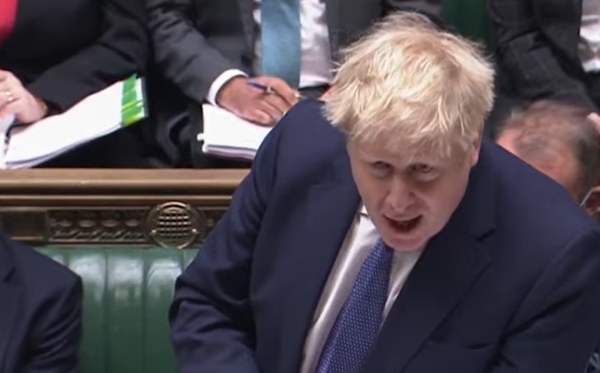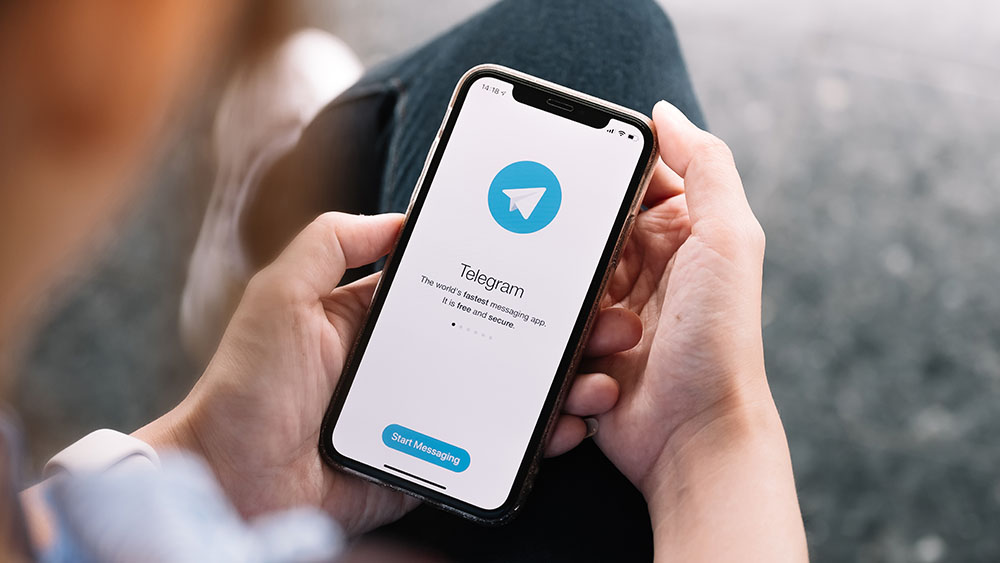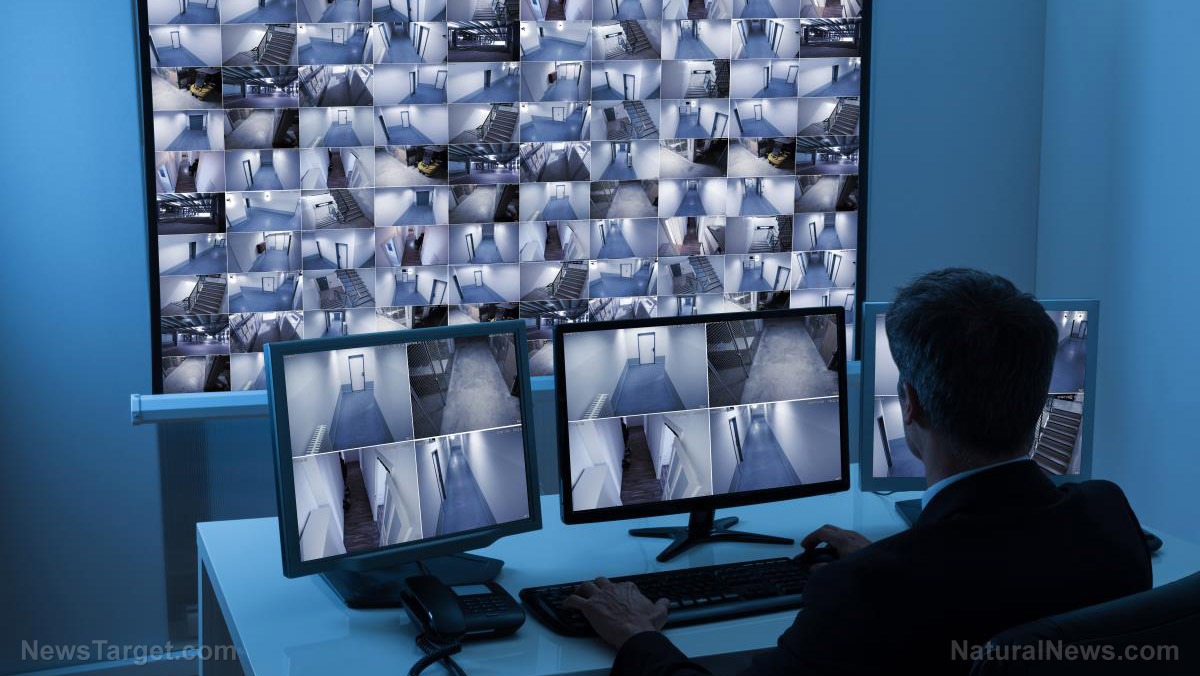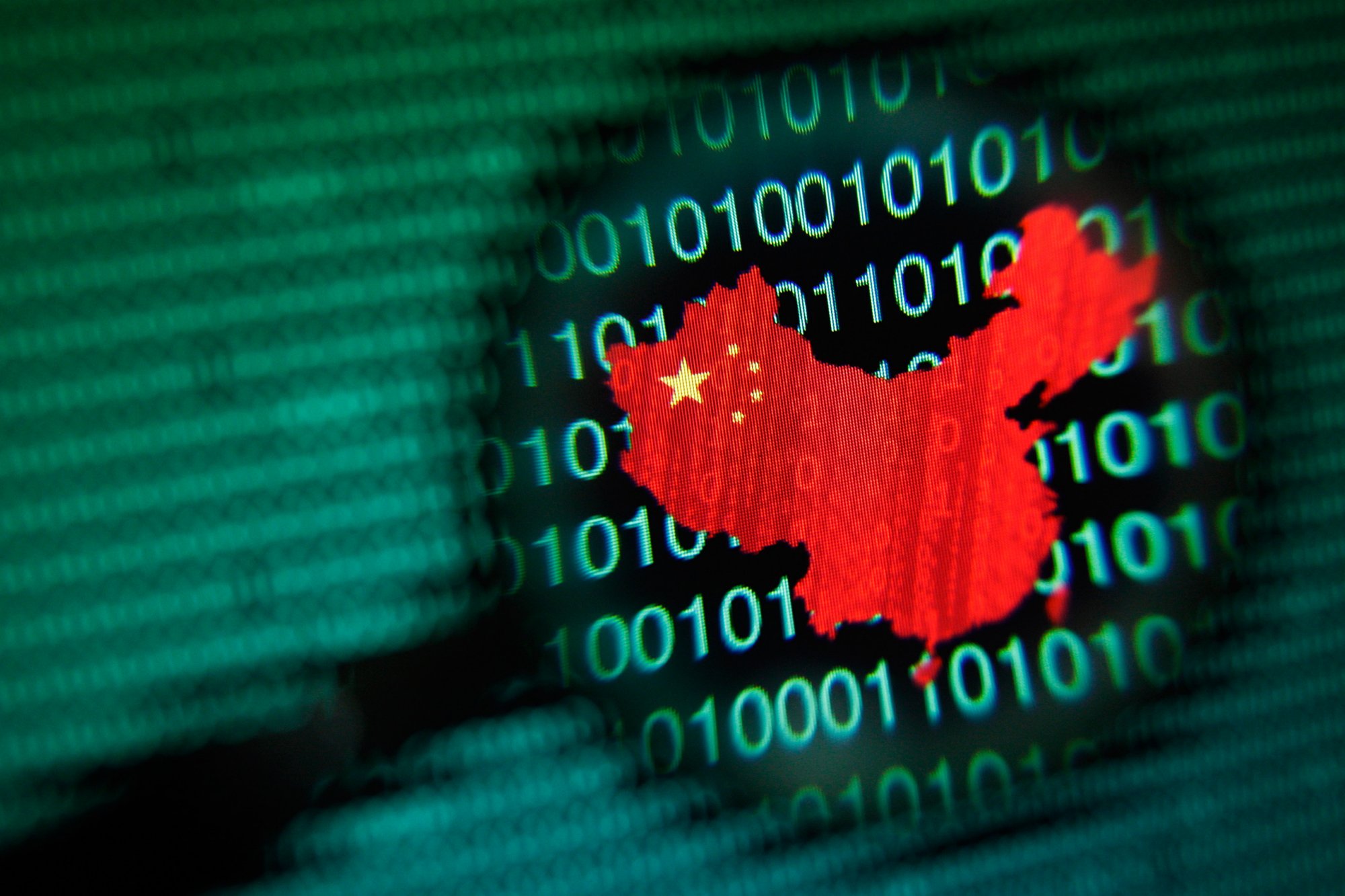Boris Johnson claims a SPY DEVICE was found in his bathroom after Netanyahu’s 2017 visit
10/09/2024 / By Richard Brown

In his upcoming book “Unleashed,” former British Prime Minister Boris Johnson has made a striking claim about an incident that occurred during Israeli Prime Minister Benjamin Netanyahu’s visit to the United Kingdom in 2017.
Johnson alleged that a bugging device was discovered in his personal bathroom after Netanyahu used it. This revelation came to light when Johnson’s security team conducted a routine sweep of the area after Netanyahu’s visit, uncovering the hidden surveillance equipment.
Johnson recalled Netanyahu excusing himself during their meeting to use the bathroom, which the former prime minister humorously describes as being reminiscent of “the gents in a posh London club.”
The bathroom, located within a “secret annex” of Johnson’s office, was seemingly secure. However, the discovery of the bugging device raises serious questions about potential espionage.
In “Unleashed,” Johnson wrote: “Thither Bibi repaired for a while and it may or may not be a coincidence, but I am told that later, when they were doing a regular sweep for bugs, they found a listening device in the thunderbox.”
This offhand remark highlights Johnson’s surprise at the discovery, though he stops short of directly accusing Netanyahu of planting the device himself.
Nevertheless, the implication of surveillance, especially during a diplomatic visit, adds intrigue to the ongoing discussion of international espionage practices, especially where state actors are concerned.
While this revelation might seem shocking, it fits into a larger pattern of alleged Israeli spying operations against its allies. (Related: Netanyahu backtracks on agreement with Biden to support Lebanon ceasefire proposal.)
Israel likely responsible for placing surveillance devices around the White House during Trump’s first term
In 2019, Politico reported that U.S. officials had determined Israel was likely responsible for placing surveillance devices near sensitive government locations in Washington, including around the White House.
These devices, known as “StingRays,” mimic cellphone towers and are capable of intercepting cellphone communications, including calls and data transfers.
Formally known as International Mobile Subscriber Identity (IMSI) catchers, they allow the collection of personal information from mobile phones, including real-time location data and potentially the contents of calls and messages.
According to former U.S. officials familiar with the situation, the devices were likely aimed at collecting intelligence on President Donald Trump and his closest aides.
Despite the gravity of this revelation, the Trump administration did not take any official action against Israel, a departure from the standard diplomatic response to such incidents. One former U.S. official explained that although the Israeli government was not publicly rebuked, the evidence strongly pointed to their involvement.
The lack of formal consequences highlights the complex nature of U.S.-Israeli relations, where intelligence-sharing and mutual geopolitical interests often overshadow individual incidents.
This is not the first time allegations of Israeli spying have targeted high-profile political figures. A similar case emerged in the late 1990s involving Netanyahu and then-U.S. President Bill Clinton.
According to various sources, including author Daniel Halper in his book “Clinton Inc: The Audacious Rebuilding of a Political Machine,” Netanyahu allegedly attempted to use tapes of Clinton’s intimate conversations with White House intern Monica Lewinsky to pressure Clinton into releasing Jonathan Pollard, an Israeli spy who had been imprisoned in the U.S. since the 1980s.
Halper claimed that during peace talks between Israel and the Palestinian Authority in 1998, held at the Wye Plantation in Maryland, Netanyahu privately approached Clinton to push for Pollard’s release. The Israeli delegation allegedly possessed recordings of Clinton’s steamy conversations with Lewinsky, which they used as a bargaining chip.
While Netanyahu reportedly told Clinton the tapes had been destroyed, the mere mention of their existence was enough to apply pressure. Clinton ultimately considered Pollard’s release, though he was dissuaded by CIA Director George Tenet, who threatened to resign if Pollard was freed.
These allegations of Israeli eavesdropping and potential blackmail have been consistently denied by Israeli officials. However, multiple reports over the years have pointed to sophisticated Israeli surveillance operations targeting allies, including the United States.
Follow IsraelCollapse.com for more news about Netanyahu and Israel.
Watch Dr. Phil’s exclusive interview with Israeli Prime Minister Benjamin Netanyahu.
This video is from the Jerusalem Cats channel on Brighteon.com.
More related stories:
ICC prosecutor calls for Netanyahu’s immediate arrest: “We need to apply the law.”
A terror state through time: from Ben Gurion to Netanyahu.
Sources include:
Submit a correction >>
Tagged Under:
Benjamin Netanyahu, big government, Boris Johnson, bugged, conspiracy, deception, espionage, Israel, listening device, mossad, national security, outrage, privacy watch, Spygate, surveillance, truth, United Kingdom, watched
This article may contain statements that reflect the opinion of the author
RECENT NEWS & ARTICLES
COPYRIGHT © 2017 PRIVACY WATCH NEWS



















